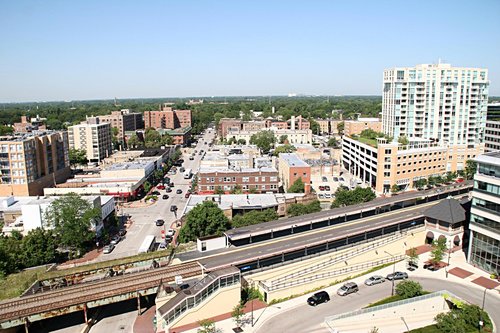The city of Evanston made history this week, becoming the first municipality in the country to offer financial reparations to Black residents who suffered under housing discrimination over much of the last century.
The city issued a press release noting that its new Restorative Housing Program and Local Reparations Fund will provide $400,000 in housing assistance and mortgage relief.
The Evanston City Council called the 8-1 decision “the first steps towards repairing historic harm to the Black and African American community caused by past racial discriminatory housing policies and practices in Evanston, and inaction by the city.”
The funds are a small portion of the $10 million the city has designated for reparations programs.
Eligible residents can receive up to $25,000 in mortgage assistance, down payment assistance and for home improvements.
“(T)he program aims to help preserve, stabilize, and increase homeownership and build intergenerational wealth among Black and African American residents of Evanston,” the city noted.
The program is open to Black residents who lived in Evanston between 1919 and 1969 or are a direct descendent of someone who was and can prove they were a victim of housing discrimination.
“This historic vote is the culmination of nearly two years of community input, conversation, and hard work, but it follows decades of harmful policies and practices that impact Black Evanston families to this day,” 5th Ward Ald. Robin Rue Simmons said in the press release. “While we acknowledge we have a long way to go to repair all of the damages done by racism, we also know this program will make a real and lasting difference in the lives of some of those harmed by past injustices, and will set the stage for additional reparative measures in the future.”
2nd Ward Alderman Peter Braithwaite called it a “historic milestone” for all Black people impacted by racism.”We still have much work to do to remedy the disparities that exist in our city, but last night’s vote showed that change and progress are possible,” he said.
The reparations fund was established in 2019 and is set to use the first $10 million in funds gathered from the local cannabis tax to build the fund.
